Retro Replay Review
Gameplay
Saraba Uchū Senkan Yamato: Ai no Senshitachi delivers a real-time tactical experience built around a hexagonal grid. Players command the legendary Yamato, plotting movement, engaging enemy formations, and positioning for maximum strategic effect. Every turn, you must balance offense and defense—deciding whether to push forward with long-range bombardments or pull back to regroup and repair.
(HEY YOU!! We hope you enjoy! We try not to run ads. So basically, this is a very expensive hobby running this site. Please consider joining us for updates, forums, and more. Network w/ us to make some cash or friends while retro gaming, and you can win some free retro games for posting. Okay, carry on 👍)
A key strength of the gameplay is the crew-management system. Officers and specialists aboard the Yamato each provide unique bonuses—boosting weapon output, improving shields, or enhancing sensor range. Deploying the right personnel at critical junctures can turn the tide of battle, especially during larger fleet engagements. Managing resources like repair kits and energy reserves adds another layer of tactical depth.
When two ships enter the same hexagon, the game seamlessly transitions to a “space battle” segment. Here, you directly pilot the Yamato in third-person view, weaving through enemy fire while lining up the devastating Wave Motion Gun. Combined with the Warp Jump mechanic—letting you evade overwhelming attacks or strike from unexpected angles—these action interludes break up the strategy layer and keep the pace dynamic.
Graphics
The visual presentation is a highlight, blending 3D-rendered starships with modern lighting and particle effects. Ship models maintain the iconic silhouettes fans know from the 1978 series, yet shine with freshly remastered textures. Explosions, laser beams, and warp tunnels all pop against the backdrop of deep space, offering a cinematic feel during both board-based clashes and direct-control dogfights.
Cutscenes are fully animated, revisiting classic moments from the second Yamato series and movie. Character models benefit from Keisuke Masunaga’s redesign, striking a balance between nostalgic charm and contemporary polish. Facial expressions and body language feel surprisingly fluid, lending emotional weight to key narrative beats—especially during Teresa’s plea for help or crew interactions on the bridge.
The user interface is clean and intuitive, with clear hex-grid overlays and color-coded commands. Menus for crew assignments and weapons loadouts slide out smoothly, allowing quick in-battle adjustments. Occasional loading pauses between tactical map and battle vistas are present but brief, ensuring players stay immersed in the visual spectacle.
Story
Set in 2201, one year after Yamato’s triumphant return from Iscandar, the game thrusts players into a new crisis. Earth receives a desperate S.O.S. from Teresa, a prisoner of the Comet Empire, forewarning of the White Comet’s ominous approach. Despite official skepticism, the Yamato crew chooses to defy orders—stealing their ship from its “museum” fate to save Teresa and defend humanity.
Ai no Senshitachi adheres closely to the anime’s second series and 1978 movie, weaving in dialogue, scenarios, and dramatic set pieces fans will recognize. Branching story paths lead to two different endings—one following the episodic series, the other mirroring the cinematic finale—inviting multiple playthroughs. Animated sequences tie each mission to narrative progression, ensuring you never lose sight of the stakes.
Character interaction is a strong suit, capturing the camaraderie and tension aboard the Yamato. From heartfelt moments between Susumu Kodai and Teresa to high-stakes exchanges with Comet Empire commanders, the writing stays faithful to Leiji Matsumoto’s vision. Even newcomers will find the plot straightforward, thanks to clear mission briefings and in-battle prompts that contextualize every objective.
Overall Experience
Saraba Uchū Senkan Yamato: Ai no Senshitachi strikes a compelling balance between board-game tactics and hands-on space combat. Its strategic depth—bolstered by crew management and special abilities like Warp Jump—will satisfy veterans of the genre, while its accessible controls make it approachable for newcomers. Battles vary from tense skirmishes to large-scale fleet clashes, keeping gameplay fresh throughout the campaign.
Visually, the game pays loving tribute to the original series, enhanced by modern 3D graphics and emotive cutscenes. The Masunaga redesigns lend characters new life, and cinematic camera angles during key moments heighten the drama. Minor loading hiccups do little to detract from an otherwise polished audiovisual package.
Story-wise, this title is a treat for Yamato aficionados—faithfully retelling an essential chapter of the saga with branching paths and fan-favorite scenes. Newcomers will appreciate the clear narrative structure and emotional beats, though some may wish for deeper character development beyond the core cast. Overall, Ai no Senshitachi offers immersive gameplay, stunning visuals, and a heartfelt journey through space that makes it a must-consider for tactical gamers and Star Blazers fans alike.
 Retro Replay Retro Replay gaming reviews, news, emulation, geek stuff and more!
Retro Replay Retro Replay gaming reviews, news, emulation, geek stuff and more!
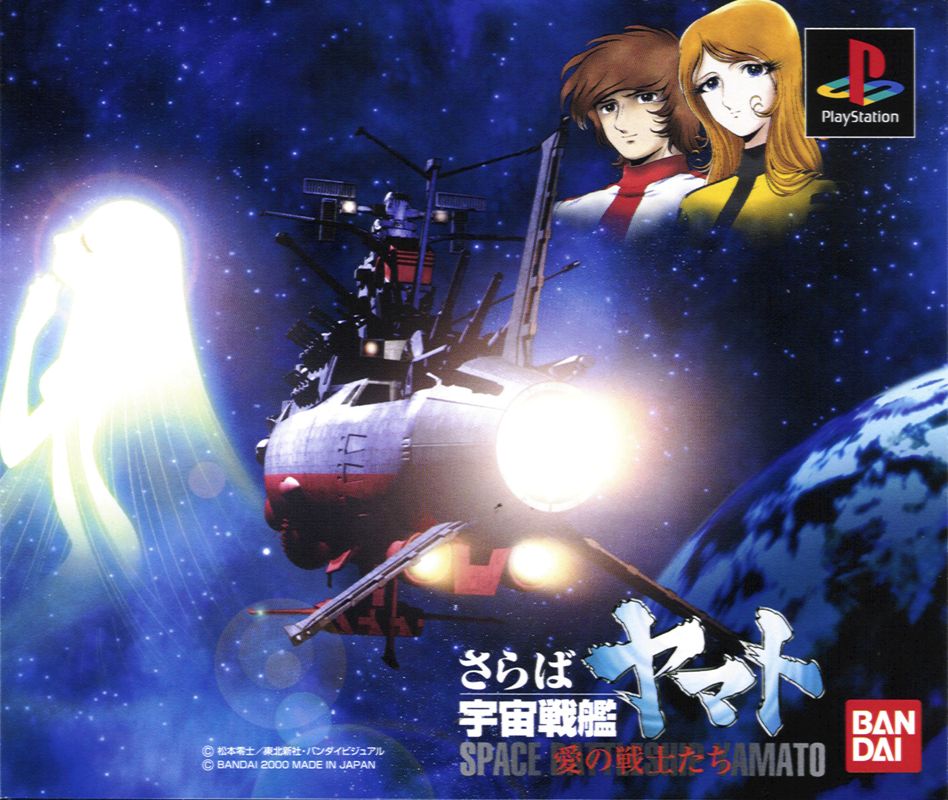

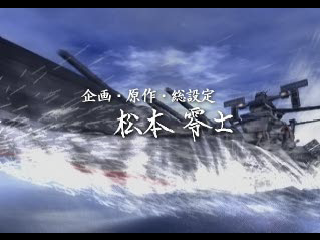
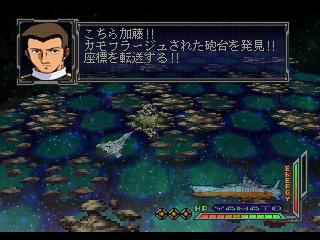
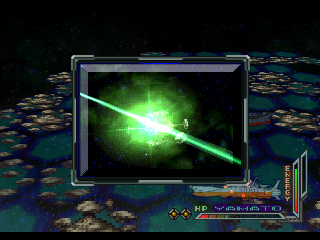
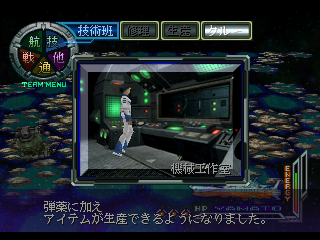


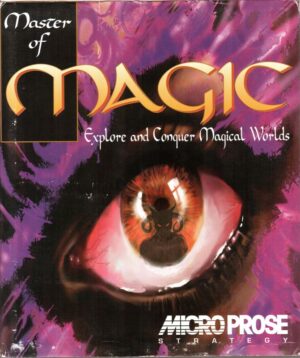
Reviews
There are no reviews yet.